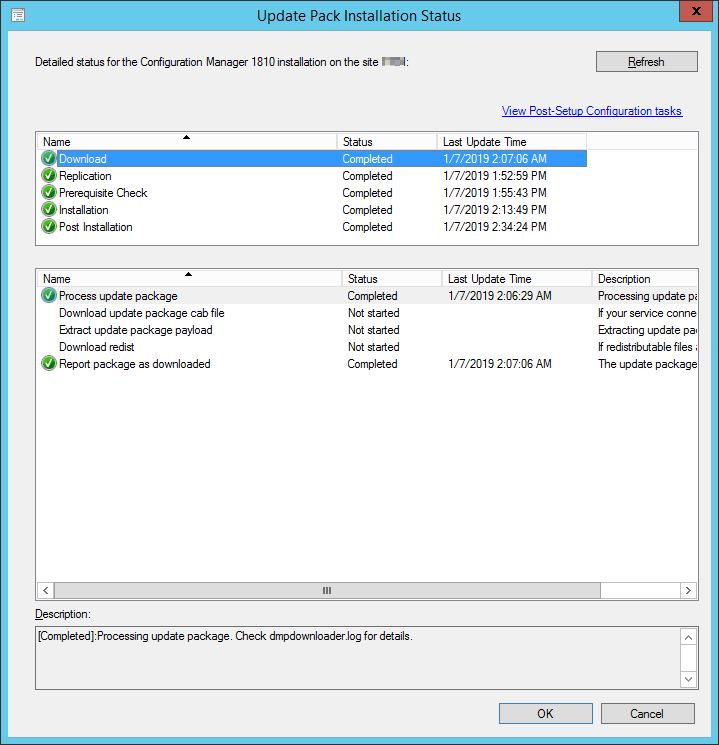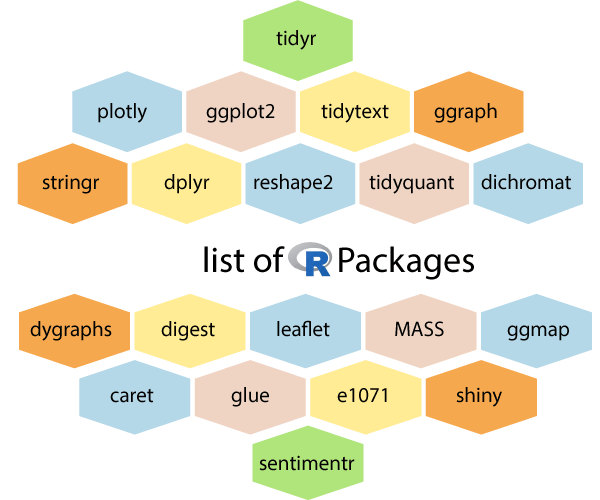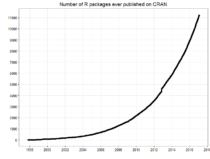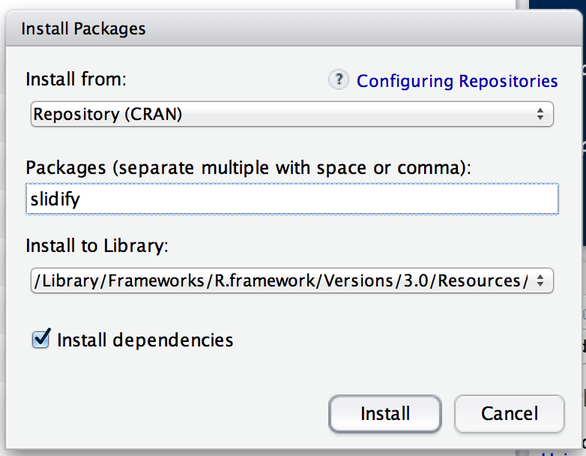

Using an Oracle Solaris Constraint Package.


How to Update an Oracle Solaris 11 System.Chapter 4 Updating or Upgrading an Oracle Solaris Image.Updating Multiple Non-Global Zones Concurrently.The System Repository and Proxy Services.Relationship Between Global and Non-Global Zones.Verifying Packages and Fixing Verification Errors.Fixing Problems With Installed Packages.Installing a Package Into a New Boot Environment.Identifying and Specifying an Installable Package.Options That Operate on Non-Global Zones.Chapter 3 Installing and Updating Software.Listing All Packages in a Group Package.Listing Packages by Classification or Category.Identifying Which Packages Deliver a Specified Fix.Identifying Which Package Delivers a Specified User.Identifying Which Package Delivers a Specified SMF Service.Identifying Which Package Delivers a Specified File.Listing All Installable Packages in a Group Package.Displaying Information that is not a Path.Showing Information From the Package Manifest.Displaying Package Description, Size, Full FMRI.Displaying Package Descriptions or Licenses.Packages for Which Updates Are Available.Showing Package Install State Information.

Chapter 2 Getting Information About Software.Publishers, Repositories, and Package Archives.Chapter 1 Introduction to the Image Packaging System.Adding and Updating Software in Oracle ® Solaris 11.3.That package will now not show in the update manager and will not be updated. When you find the package, select it and go to the Package menu and select Lock Version. Go to Synaptic Package Manager (System > Administration > Synaptic Package Manager).Ĭlick the search button and type the package name. The following approaches are limited in that locking/holding a package within aptitude or synaptic doesn't affect apt-get/apt. The changes will take effect immediately after exiting the elect screen. With dselect, enter the elect screen, find the package you wish to hold in its present state and press = or H. Show all packages on hold: sudo apt-mark showhold Show all packages on hold: dpkg -get-selections | grep "\ Remove the hold: echo " install" | sudo dpkg -set-selectionsĭisplay the status of all your packages: dpkg -get-selectionsĭisplay the status of a single package: dpkg -get-selections Put a package on hold: echo " hold" | sudo dpkg -set-selections There are different ways of holding back packages: with dpkg, apt, dselect, aptitude or Synaptic.


 0 kommentar(er)
0 kommentar(er)
